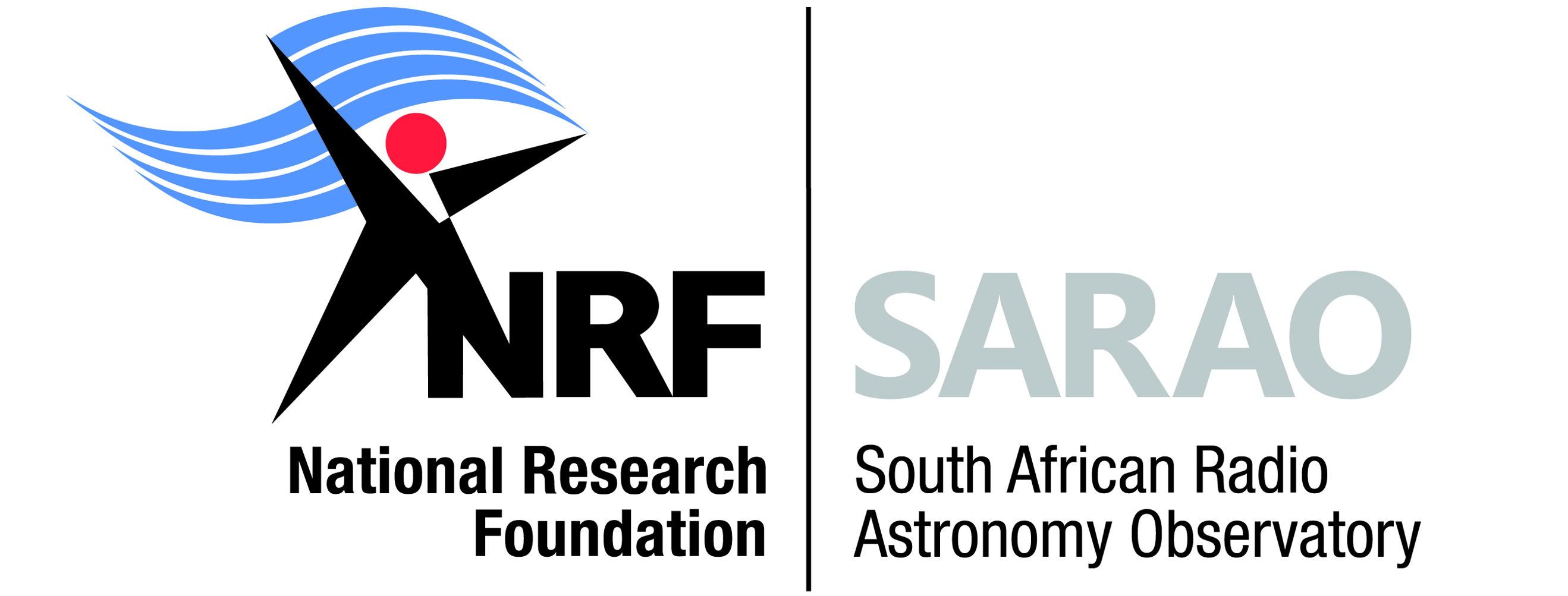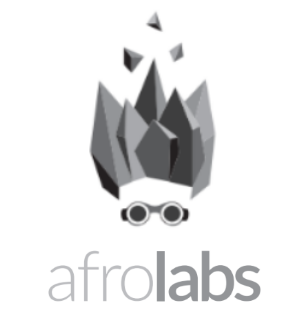Ernesto Arbitrio
Ciao! 👋
I am Ernesto Arbitrio a 🇮🇹 Software Engineer turned Senior Software Engineer when I turned 36 😏.
Maybe we have met each other on Twitter @pamaron or GitHub @ernestoarbitrio before.
Considering I do not use social networks often, so you probably don't know me! Let me introduce myself: I build analytics software products for a living, I started programming Python in 2008, sometimes I do speak at PyCon conferences.
Personal Projects 📒
Beside my professional projects I also invest some of my spare time in personal projects:
Histolab a library for Digital Pathology Image Processing.
Pytest Runner a Visual Studio Code extension useful to run pytest locally and on a 🐳 docker container.
Speaking 📢
I have been speaking for several years at PyCon Italia, PyData and Europython and also some meetups (Pytrento, Python Pizza). You can find some of the slides for my talks here.
Contact me 📧
[Twitter] https://twitter.com/__pamaron__
[LinkedIn] https://www.linkedin.com/in/ernestoarbitrio
[email] ernesto.arbitrio@gmail.com
Short Bio 👤
I am a Senior Software Engineer at Crunch.io / YouGov.
I am a Python passionate (almost addicted).
I am actively involved in the PyCon Italia organization.
I do love cooking and eating 🍷 🍝 🥩
Accepted Talks:
Best practices for good(ish) and clean(ish) code
Have you ever thought what is the cost vs revenue of a well written code and of an ugly code? Nowadays, in most companies, code bases are huge (in terms of lines of code and complexity) and the number of contributors is also high; this means that a well shaped code could benefit the company finance and the mental health of the employees (AKA software engineers).
Writing clean (and/or good) code requires discipline. This discipline can be acquired and increased during your job and doing experience with messy code, but more important is that using discipline, respecting and following some rules you can achieve elegant and efficient code.
In this talk I will cover some principles of clean code (they are too much for 30 minutes):
- Meaningful Names
- Formatting
- Tests and their importance
- Continuous Integration
- Code Refactoring
- Code Review
- Boundaries
All the work contained in this talk is mostly inspired by the book Clean Code - Robert C. Martin (AKA Uncle Bob) and the experience I have made during my current job and the previous one.



